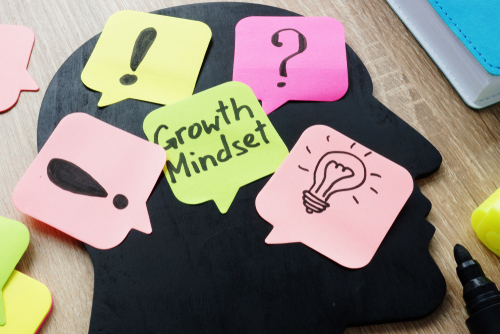By Dr. Ronald Benner for HR Daily Advisor It’s no surprise people are spending more time on screens. In fact, millions of Americans are exposed to excessive screen time every day (7+ hours), particularly those who work in office jobs. While technology has many benefits, spending prolonged periods on computers and other digital devices requires the eyes to work harder up close, and this “heavy lifting” can cause vision problems in the long run–problems that may affect workers’ performance and ability to do all the things they need to do online. As little as two hours of screen exposure per…
The Impact of Excessive Screen Time and How to Support Better Working Habits









